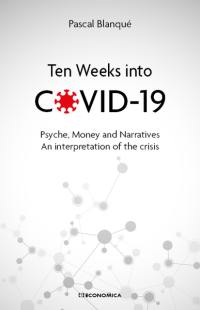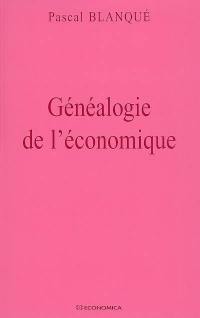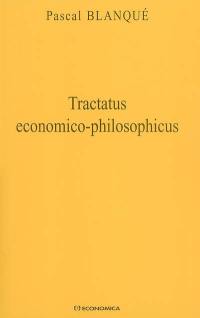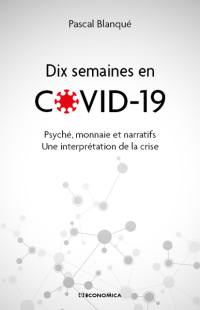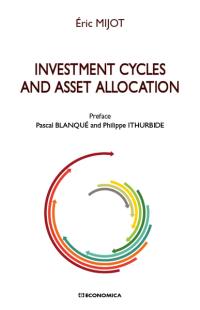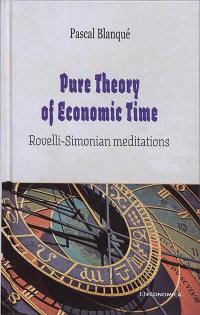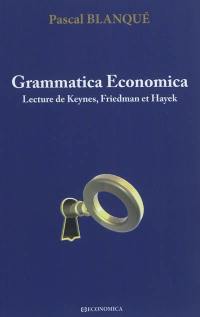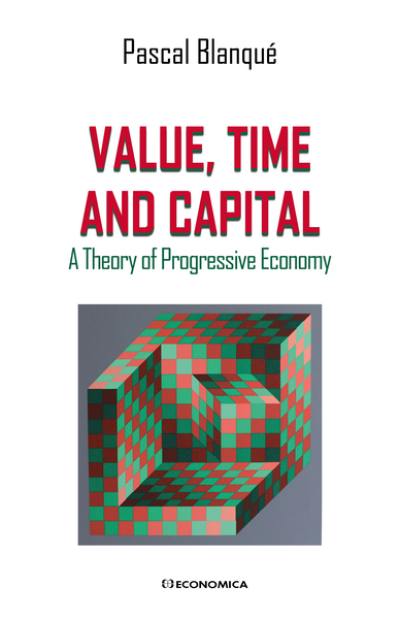
Fiche technique
Format : Broché
Nb de pages : 122 pages
Poids : 380 g
Dimensions : 16cm X 25cm
ISBN : 978-2-7178-7077-0
EAN : 9782717870770
Value, time and capital
a theory of progressive economy
Quatrième de couverture
This workproposes to restate the theory of surpluses by taking into account observed situations of the creation and liberation of surpluses which clearly break the rules and norms of accepted rationality. It presents a general theory which incorporates these situations which are not accepted within the classical hypotheses.
This theoretical framework incorporates psychological time in the analysis of surpluses and of the resulting equilibrium in the wake ofWalras, Dupuit, Pareto, Marshall, Hicks and Allais. The concept of substitution, together with the resulting dynamic of the marginal rate of substitution, are redefined on the basis of the specific referential of a psychological nature, which constitutes the economic Subject and its action, and is structured by duration, memory and forgetfulness. Although we appear to be substituting goods, quantifies and physical matter - and this is often the case - it is always a question of substituting time, value-times, matter-time, units of memory and duration.
The work thus proposes an HRSLR approach (Hereditary, Relative, Subjective and of Limited Rationality hypothesis) to the « consumer » demand function. We define the notion of a fundamental price on the basis of the relationship between the instantaneous price and the perceived psychological value-time. We posit an analogy between (i) marginal rates of substitution ; (ii) marginal rates of increase or slowdown in the perceived psychological value-times ; and (iii) marginal rates of accumulation or decumulation of memory.
In real life, we are not dealing with aberrations but with fields of choice which are not always convex and with marginal rates of substitution which are not always decreasing. The situations of concavity and of increasing psychological returns are sufficiently numerous for the theory to try and incorporate them within the framework of a limited rationality. The understanding of events which are simply presented as « irrational » can only stand to gain from this.





